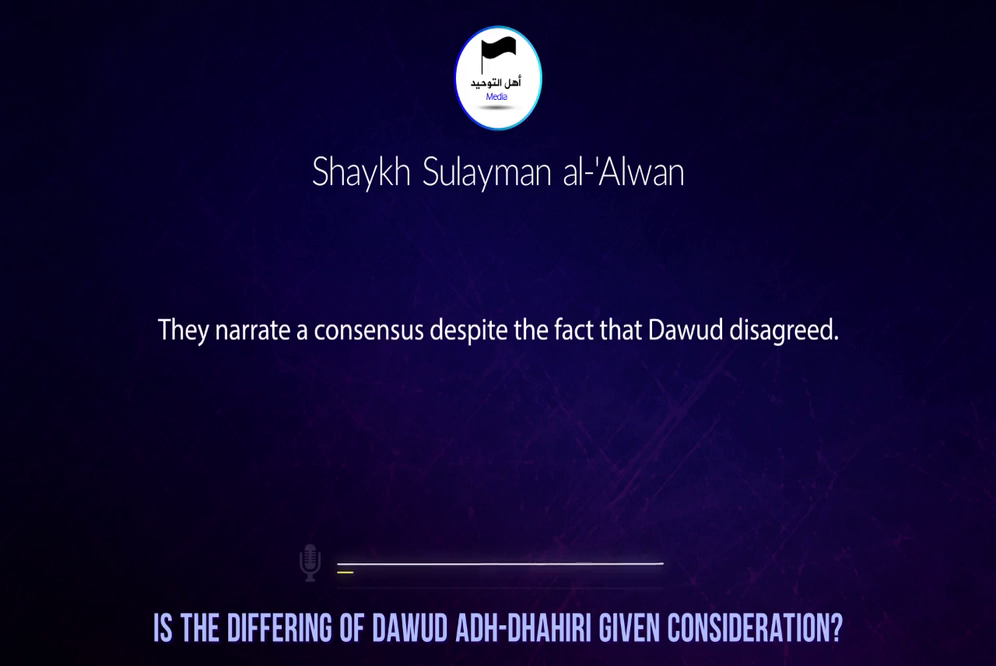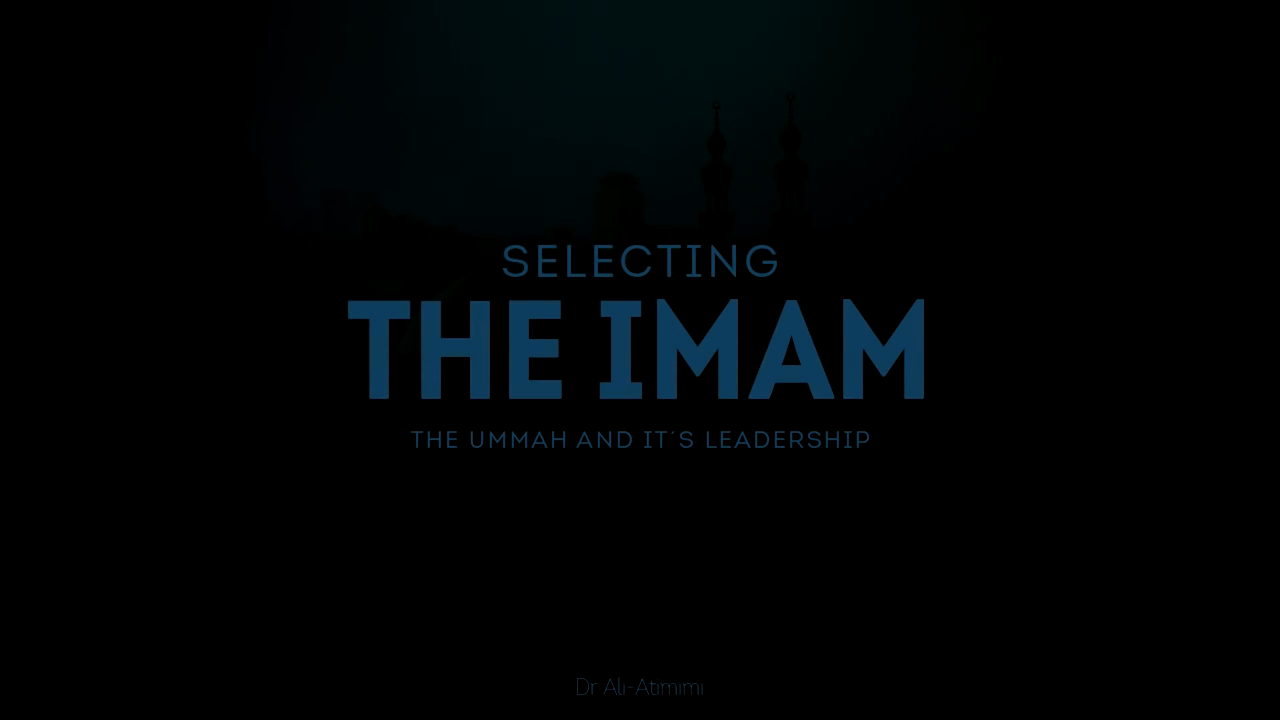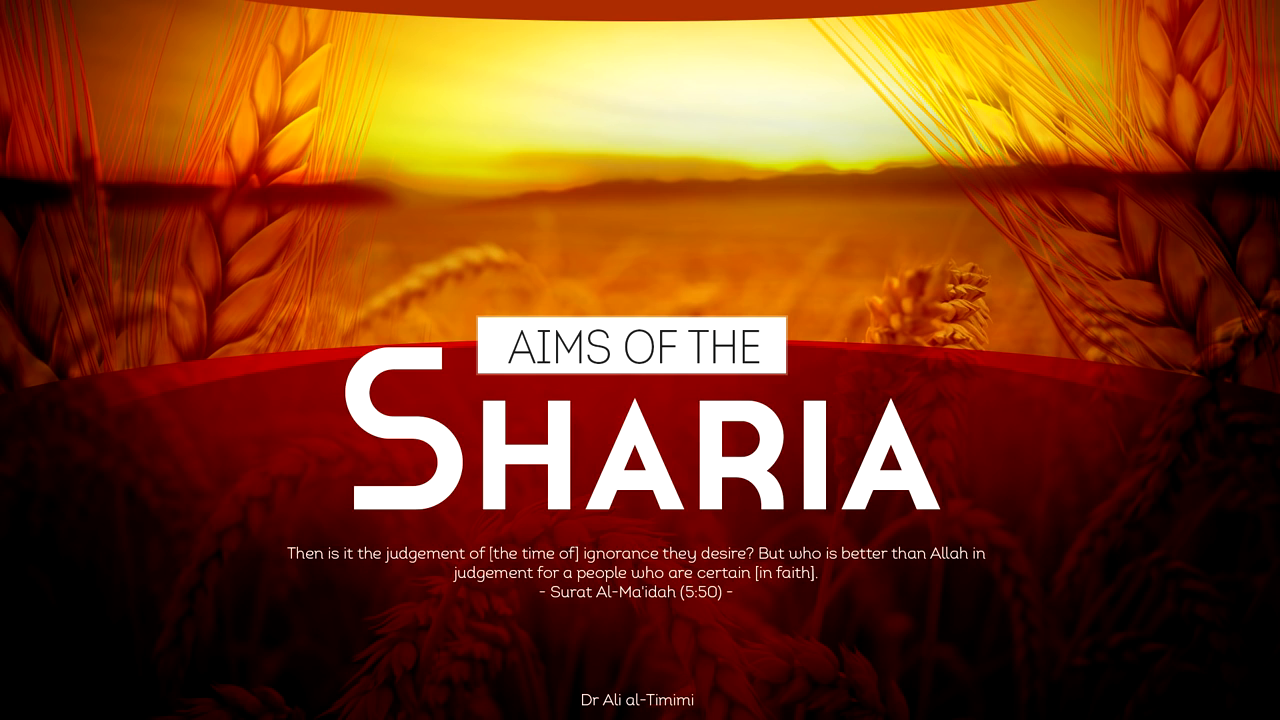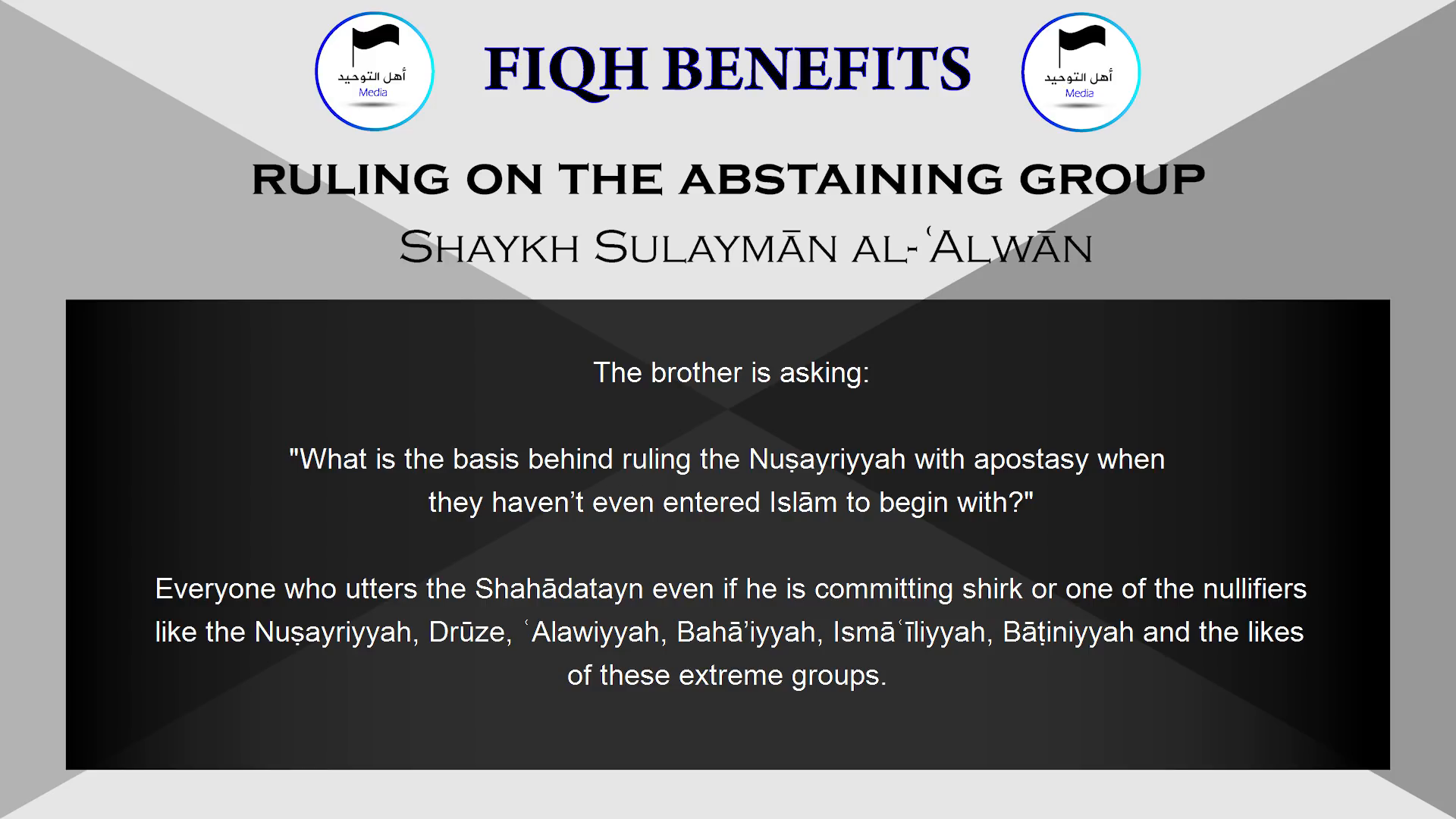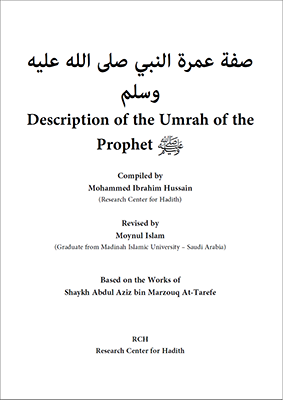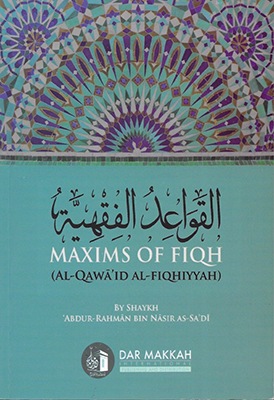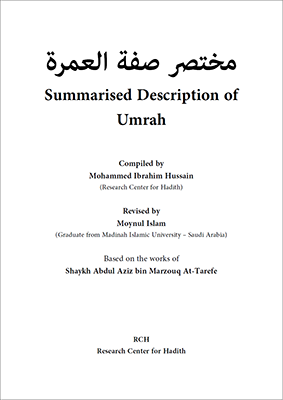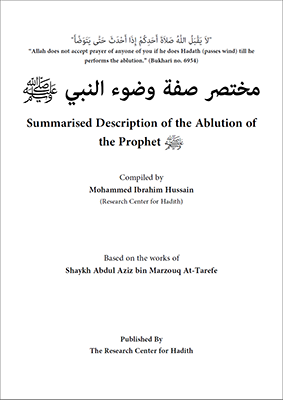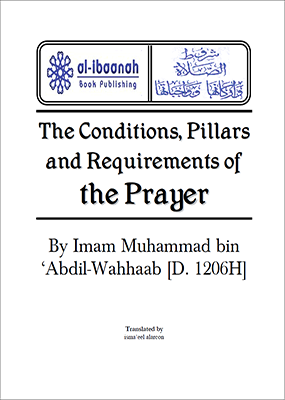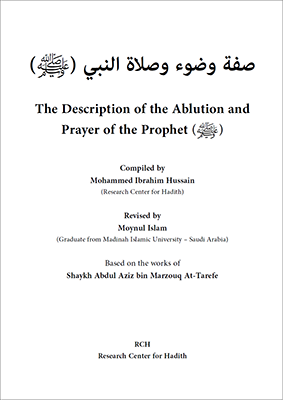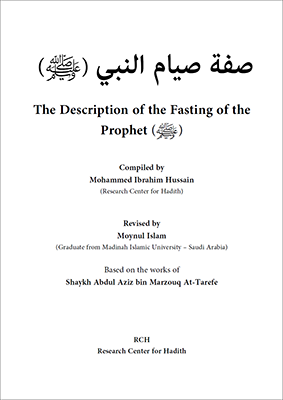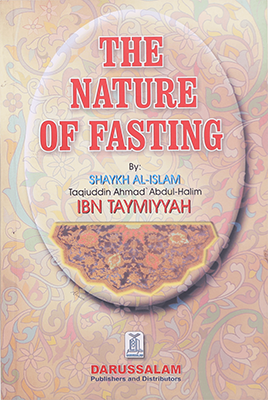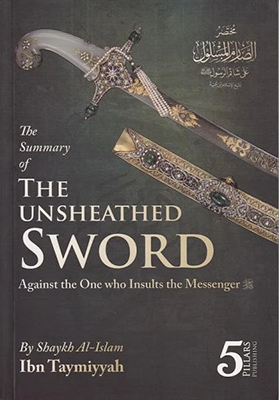Latest Lectures
Description
The Prophet (صلى الله عليه وسلم) said:
“When Allah wishes good for a person, He gives him understanding (fiqh) of the religion.”
(Agreed upon. Narrated by al-Bukhaari, 69)
What is Fiqh?
Fiqh is basically Islamic jurisprudence, Fiqh figuratively or linguistically speaking means to understand, it’s knowledge in something. The shar’i meaning of it and that’s what concerns us, is that it is deriving religious rulings that pertains to the actions of those assigned, as it pertains to Haraam, Halaal, permissibility or disliking from the sources (i.e, Quran and Sunnah).
Who are those assigned?
Now the definition I said “the assigned” those assigned, who are those assigned? What we mean by that is: Muslim, sane, over the age of puberty and so on and in Ramadan, a woman who’s on her menstrual cycle. That’s what we mean by those ‘assigned’.
The Importance of Fiqh
The most noble of ‘Ilm is the ‘Ilm of ‘Aqeedah or Tawheed. That’s why we started with the Usool Ath-Thalaathah (The Three Fundamental Principles), it’s the difference between eternal hell or eternal Jannah. It’s the major Fiqh, it’s called by some ‘Ulamaa ‘al-Fiqh al-Akbar’. After Aqeedah and Tawheed in order of importance, is what we start off with today Inshaa Allah, it’s Fiqh and it’s also referred to as ‘al-Fiqh al-Asghar’. Al-Fiqh al-Asghar is the Fiqh pertaining to Haraam and Halaal, the rules and regulations. It’s literally to learn the rules and regulations of Islam. It’s the knowledge on how you make Salah, how do you purify before Salah? How you fast, the conditions, the rules of it, what voids it and so on and so forth. It’s so important and it’s so essential that some of the Salaf used to say:
اِنَ العَبدَ قَد يَشِيبُ عَرظَهُ ولَمْ تُقبَلْ لَهُ صَلََة الوَاحِده
A man or a Muslim may grow white hair into Islam, and not a single one of his Salah is accepted. Is he not making Salah? What are they talking about? He’s making Salah. He’s been doing it for forty years or eighty years, yet there is a deficiency for example in his Tahaarah. There may be a deficiency or errors in the Salah, like the man the Messenger (صلى الله عليه وسلم) said:اِرجِع فَصلى فَانَك لم تُصَلى
Go back and pray, you didn’t pray. Even though that man made Salah, but it is as if he didn’t make it.
So the rules and regulations are essential and likewise Siyaam. If a woman is on her menstrual cycle or if you travel, the details of it, making it up. All that is a glimpse of what Fiqh is about, that’s Fiqh. Part of Fiqh is knowing usury (Riba) or business transaction, the difference between the two, what’s Haraam and what’s Halaal.
Shaykh Ahmad Musa Jibril, The Comprehensive Fiqh of Fasting #1

